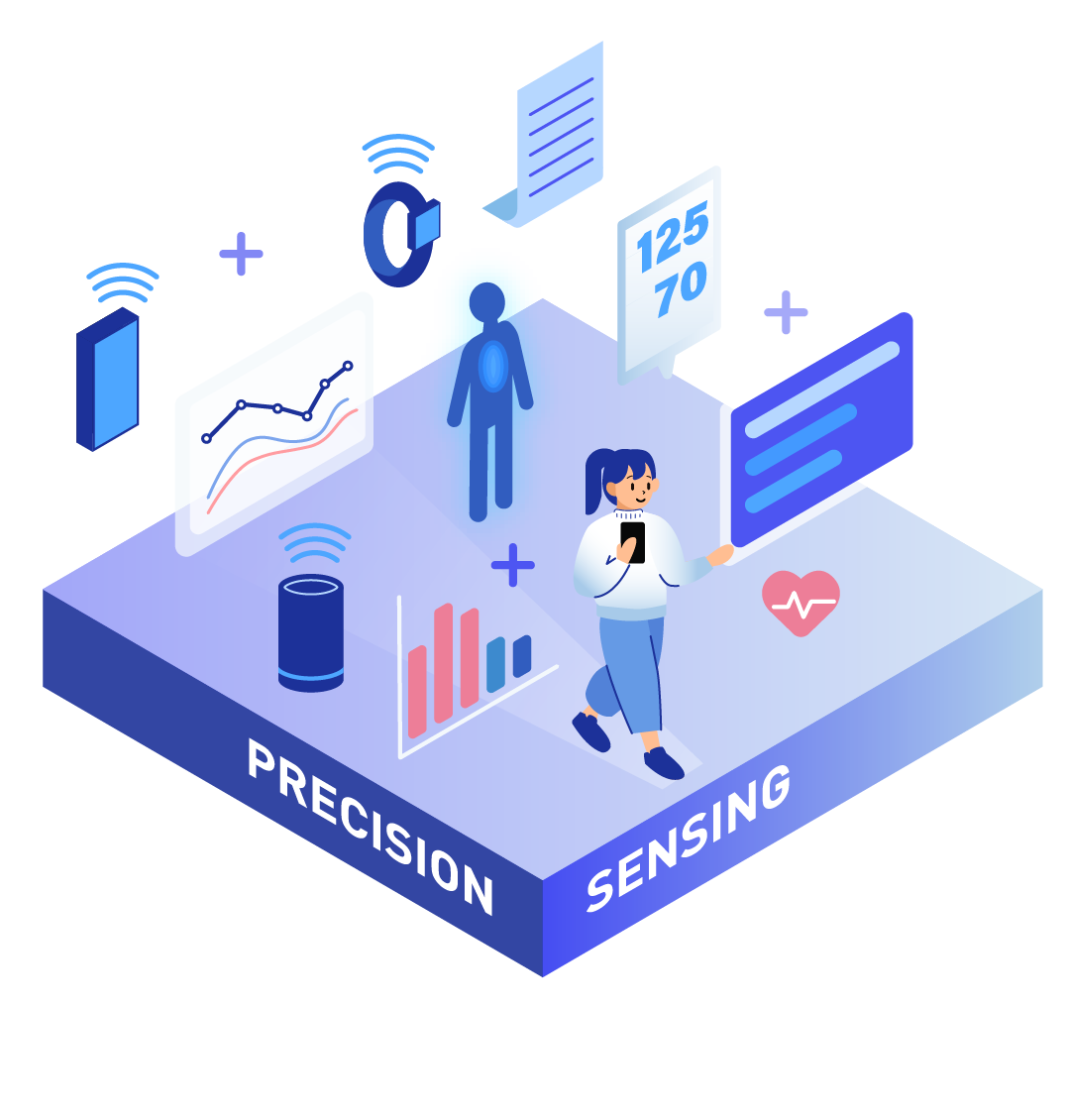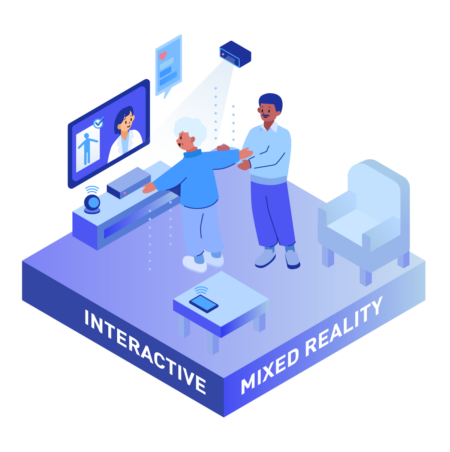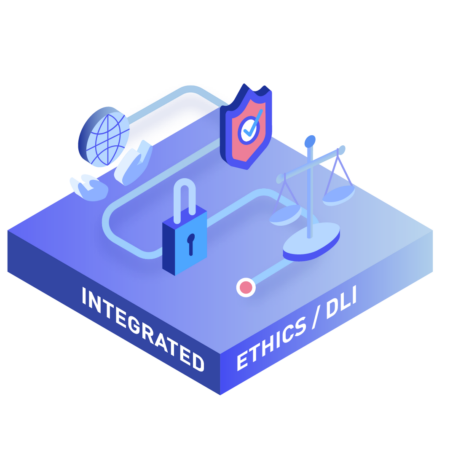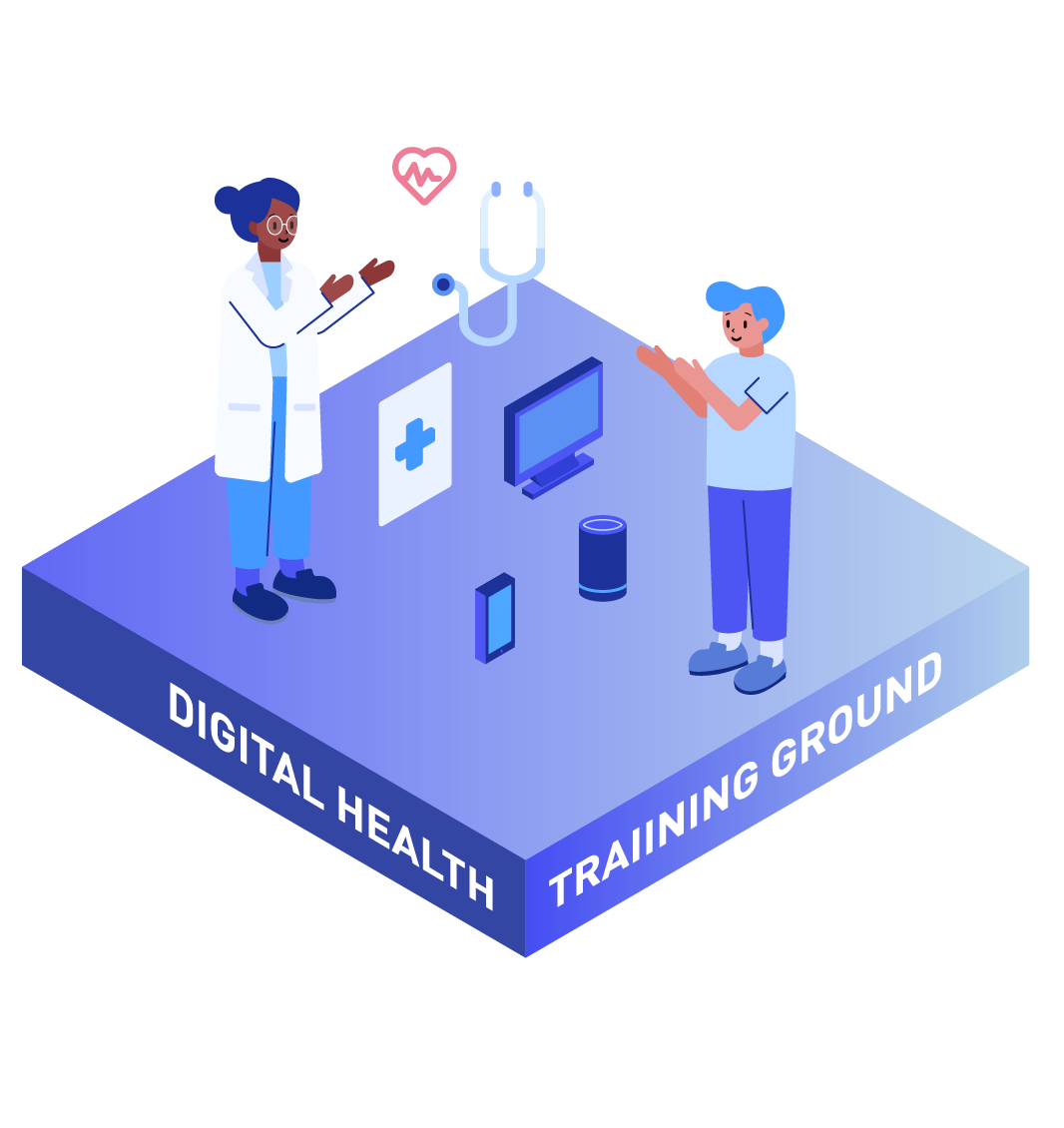Immersive Health
Focus Areas
Precision Sensing
 |
New sensing devices and digital biomarkers promise to significantly improve health outcomes, from maternal health to aging-in-place, from infectious diseases to chronic conditions, and from preventative practices to medication management. This same Precision sensing will also deepen the observational depth and breadth of remote virtual care (telehealth). Cornell Tech’s Precision Behavioral Health Initiative is advancing the role of precision technology for improved mental wellness, ranging from substance abuse to everyday behaviors and habits.
Researchers |
INTERACTIVE MIXED REALITY
 |
Virtual and augmented reality technologies (referred to as Mixed Reality) are primed to transform how patients experience and manage their healthcare. Early examples of assistive technologies in homes include interactive voice agents, chatbots, and smart mirrors. The next generation of mixed reality based assistance, rehabilitation, and treatment, will require integrated research advances in Computer Vision, Graphics, Natural Language Processing, Interaction Design, Ubiquitous Computing, and Privacy. The XR Collaboratory (XRC) at Cornell Tech fosters specific attention to applications in the health sector, by bringing together faculty, researchers, and students from Cornell Tech with healthcare practitioners.”
ResearchersShiri Azenkot |
INTEGRATED ETHICS
 |
Too often, ethics, privacy, and security are retrofitted into our technologies and systems as an afterthought. We are changing that by placing effective, accessible, and ethical design at the heart of immersive health technology research. The Digital Life Initiative (DLI) at Cornell Tech and our Human-Centered Computing (HCC) research faculty have a “people first” mindset, applying ethical tech development, new privacy frameworks, and advances in human-computer interaction to health technologies.
Researchers |
Digital Health Training Ground
 |
Transforming health will require a new generation of digital technologists who have the tools and expertise to change the way healthcare is delivered and experienced. With this in mind we offer the Jacobs Technion-Cornell Dual Master of Science Degree with a Concentration in Health Tech. This first-of-its-kind degree from the Jacobs Technion-Cornell Institute combines the rigor of a computer science degree with hands-on engagement in health tech projects.More broadly we seek to provide opportunities for Weill Cornell and other NYC medical students, residents, fellows, and clinical faculty to explore and experiment with new technologies alongside graduate students, researchers and faculty at Cornell Tech. We offer project and elective courses for Weill medical students such as “3D Printed Life Hacks” and “HCPL-8101 MakeHealth”, as well as Areas of Concentration project opportunities.
Researchers |
Clinical Collaborators
Jessica Ancker, Thomas Campion, Mary Charlson, Curtis Cole, Chad Craig, Ruth Masterson Creber, Sara Czaja, Scott DeNegre, JoAnn Difede, Olivier Elemento, Orli Etingin, Kamel Hooman, Richard Isaacson, John Kane, Rainu Kaushal, Lisa Kern, Justin McManus, Michael O’Dell, Ruchi Patel, Jyotishman Pathak, Fred Pelzman, Laura Pugliese, Anaïs Rameau, Cary Reid, Andrea Sboner, Rahul Sharma, George Shih, Evan Sholle, Jonathan St. George, Daniel Stein, Madeline Sterling, Peter Stetson, Fei Wang, Heather Yeo

Home health care workers faced increased risks to their physical, mental and financial well-being while providing essential care to patients during the COVID-19 pandemic, according to researchers at Weill Cornell Medicine, Cornell Tech and Cornell University. The study, published Aug. 4 in JAMA Internal Medicine, provides the first rigorous analysis of home health care workers’ experiences during […]